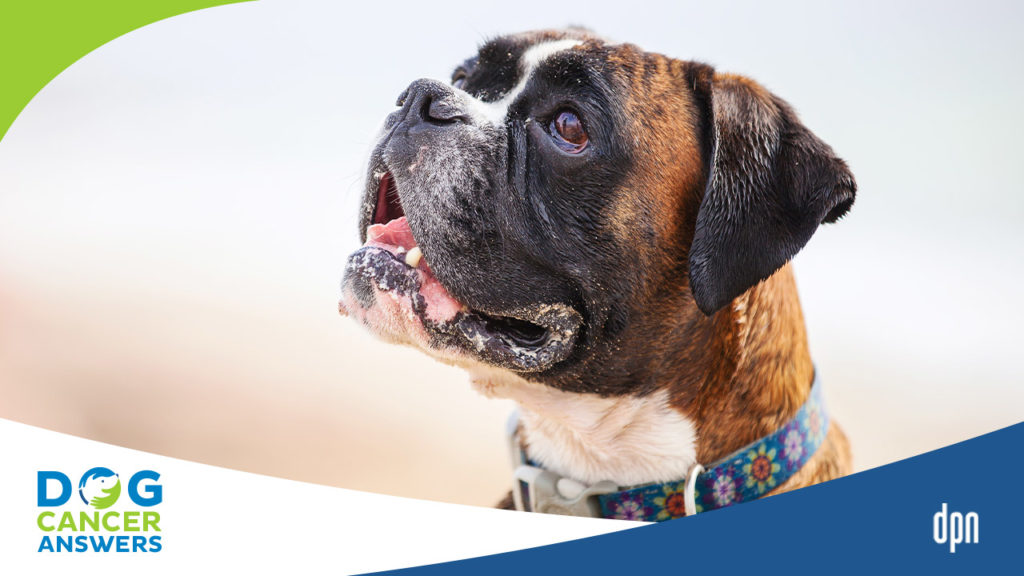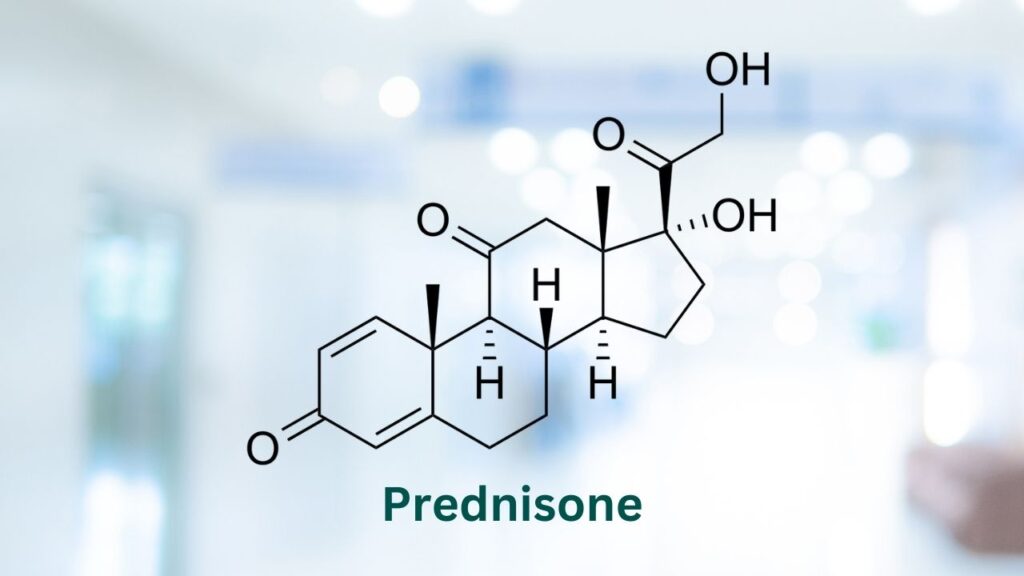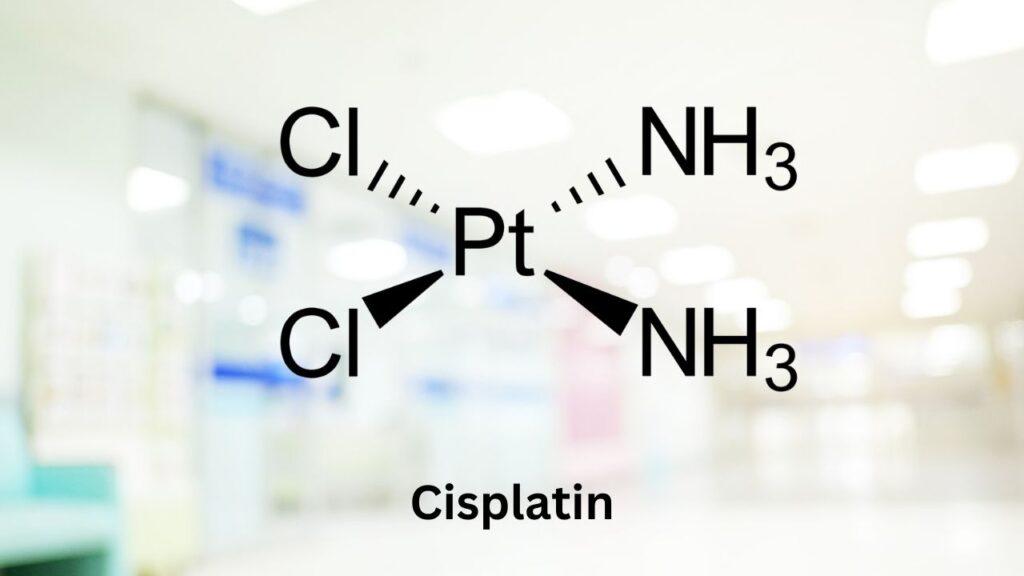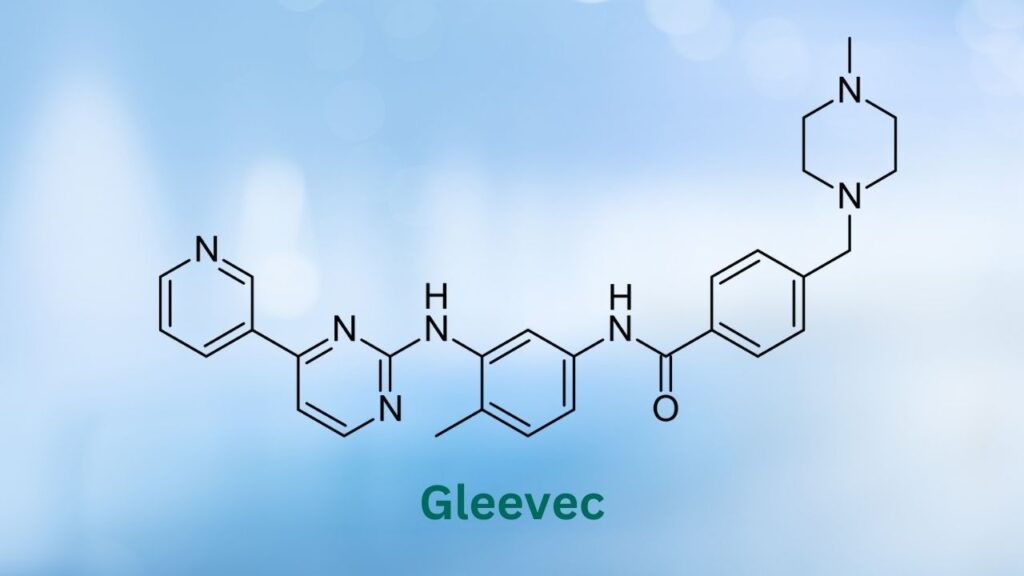Cimetidine (brand name Tagamet) is a drug most often used to control acid production in the stomach. There is research showing cimetidine's potential to boost the effectiveness of other cancer therapies.
Key Takeaways
- Cimetidine is safe for dogs.
- The most common veterinary use of cimetidine is as an antacid and to treat stomach ulcers. Studies in rodents and humans have shown potential as an adjuvant cancer treatment.
- Cimetidine can be given to your dog two to four times a day.
- The side effects of cimetidine in dogs are vomiting and diarrhea.
Tagamet for Dogs
Veterinarians recommend cimetidine for dogs in a variety of situations. It was first developed to relieve problems from excessive gastric acid and has been used safely in humans, dogs, and other animals for quite some time.
Cimetidine is an H2 (histamine) blocker or antagonist best known as an antihistamine. Cimetidine is widely known by the brand name Tagamet.®
Histamine Blockers
There are four types of histamine receptors in the body (H1-H4). These receptors are on the outside of cells, and histamine can bind to them.
Cimetidine blocks histamine from binding to the H2 receptors. The H2 receptor is largely found on stomach cells and certain specific immune cells. Its activity regulates stomach acid production and some immune responses, among other functions.
When given, cimetidine blocks histamine from binding on the H2 receptors, thereby reducing those cells from producing stomach acid and some immune activities.
Common Uses of Tagamet for Dogs
Cimetidine is primarily designed to treat ulcers and gastric discomfort by regulating stomach acid. The medication blocks the H2 receptors in stomach cells. This decreases the amount of stomach acid produced and relieves symptoms of gastrointestinal reflux disease and stomach ulceration.
Brand Names
Tagamet®
How Cimetidine for Dogs Works
Although cimetidine was developed to treat excessive stomach acid production, there has been anecdotal evidence and now research regarding the role of histamine in cancer that has led to the consideration of cimetidine as an anti-cancer medication.
From Anecdote to Research
Anecdotal evidence found that using cimetidine seemed to coincide with a decrease in tumor size. Since those observations, our understanding of the activity of histamines in cancer has increased.
The Role of Histamine in Cancer Spread
Histamines appear to act directly on cancer cells and promote their replication and migration, an important ability for metastasis or spread. Histamine may also affect tumor angiogenesis, the formation of blood vessels, another part of spread. Finally, histamine can affect immune cells.
Histamine and the Immune System
The immune environment in tumors is very complicated and key to understanding treatment. Tumors can either hide from the immune system or even undermine the activity of immune cells to protect themselves and promote growth.
It is theorized that cimetidine may boost the efficacy of other drugs by countering tumor cells’ immune weakening abilities.
Preclinical Studies on Cimetidine for Dogs with Cancer
It has been suggested that cimetidine could be used for cancer treatment, including as a complementary therapy in dog cancer, as far back as the 1980s.1
Preclinical studies are plentiful, including mouse and cell models (testing cell cultures in a lab) for colon cancer, gastric cancer, melanoma, ovarian cancer, pancreatic cancer, lung cancer, and gliomas (brain cancer).2
No studies have yet been done in dogs, but several human studies have been done, and can help us understand how cimetidine might help dogs. We have highlighted some of them below.
Mast Cell Tumors
Mast cells are present throughout many body tissues. They act as “storage” for histamine granules, which are released when the mast cells are activated.
Given its ability to block histamine, cimetidine has been proposed as a helpful therapy in mast cell tumors, and is often recommended.
While there is no clinical evidence that cimetidine can provide a therapeutic response for the cancer, it may help with symptoms. Dogs with mast cell tumors often get an upset stomach.
Cimetidine can help by reducing the size of tumors and controlling the irritation to the stomach and skin caused by excessive accumulation and release of histamines from the mast cells.9
Colorectal Cancer
A 2012 Cochrane Review looked at the potential benefits of cimetidine as an adjuvant therapy for human colorectal cancer. Adjuvant therapy is a therapy given alongside the main therapy, often to help eliminate any surviving cancer cells or prevent spread or return of the disease.
The review analyzed five clinical trials that used cimetidine and found a benefit in overall survival, though it was not a very large benefit.3
Gastric Cancer
Two clinical trials examining cimetidine use in gastric (stomach) cancer showed longer survival times, with one study showing a six times greater survival (173 ± 113 days) compared to control patients (26 ± 16 days).4 However, a larger clinical trial in the UK did not show improved survival.5
Melanoma
In the early 1980s, a few very small human trials (6-20 patients) used cimetidine in combination with other drugs to treat melanoma.
They showed very positive results, some even showing complete remission after adding cimetidine to the therapy regimen. This inspired further trials with larger numbers of patients. Unfortunately, the benefit was no longer observed in these larger trials.2
Kidney Cancer
The results for cimetidine use in kidney cancer are mixed. Most studies have had very small sample sizes, and most initial promising results could not be replicated in other studies.
Keeping these limitations in mind, it is still worth noting that some studies showed unexpected benefits such as reduced lung metastasis.
While the mixed results may at first seem discouraging, several groups are still testing cimetidine in combination with other drugs in the hopes to maximize their impact by utilizing the immune-modulating effects of cimetidine.2
Ovarian Cancer
A small study (28 patients) showed improved survival when cimetidine was combined with cisplatin chemotherapy to treat ovarian cancer. This benefit was greater for patients with higher levels of a molecular inflammation marker called COX-2.6
Ovarian cancer is rare in dogs but can occur.
Breast Cancer
A study examined a marker of cell proliferation in breast cancer after pre-operative treatment with cimetidine and found no difference compared to the control.7
Pancreatic Cancer
A case study of a single patient who received combined treatment with TL-118 (an anti-angiogenic agent) and gemcitabine with cimetidine showed a prolonged progression-free survival of 16 months at the time of the report.8
When to Not Use Tagamet
Overall, cimetidine is very safe, but there are situations where it should not be used or should be used with caution:10
- Do not use it in dogs with a history of allergic reactions to cimetidine.
- Use it with caution in dogs with impaired kidney or liver function.
- In humans, there is an increased risk of central nervous system signs. Reduced dosing should be considered.
- There is insufficient data on safety in canine lactating or pregnant animals, so use with care.
From the human literature, there may be interactions with the following drugs:10
- Antacids with aluminum or magnesium
- Cefpodoxime
- Cefuroxime
- Clopidogrel
- Iron supplements
- Itraconazole
- Ketoconazole
- Myelosuppressive drugs (bone-marrow-suppressing drugs)
- Tolazoline
You may still be able to use cimetidine with these drugs, but please check with your veterinarian first.
Cimetidine inhibits cytochrome P450 (a major enzyme in drug metabolism), so it is possible that it could interact with the many drugs that share this pathway. These include:10
- Benzodiazepines
- Beta-blockers
- Calcium channel blockers
- Carbamazepine
- Chloramphenicol
- Cisapride
- Cyclosporine
- Domperidone
- Doxepin
- Epirubicin
- Fluorouracil
- Lidocaine
- Loratadine
- Metformin
- Metronidazole
- Mirtazapine
- Opioids
- Pentoxifylline
- Praziquantel
- Sildenafil
- SSRIs
- Theophylline
- Tramadol
- TCAs
This list is not all-inclusive. Please check with your veterinarian and veterinary oncologist before using cimetidine in combination with any other drugs.10
How to Give Cimetidine
Tagamet (cimetidine) is available over-the-counter without a prescription, although your veterinarian’s advice is recommended before giving it to your dog. Dosing will depend upon weight, and your veterinarian will help you with the dose for your dog.
Tagamet is a pill or liquid given between two and four times daily, depending upon how much your dog needs.
It can be given as a pill or liquid, typically about 30 minutes before a meal. If vomiting, nausea, or diarrhea occurs on an empty stomach, it can be given with a small amount of food.
What If I Miss a Dose?
If you miss a dose and it is 6 hours or more from the next dose, then give the missed dose. If it is less than 6 hours, skip the missed dose and give it at the next planned dosage time.
Storage and Handling
Cimetidine can be stored at room temperature but kept away from light and moisture.
Safety and Side Effects
Cimetidine use in dogs is considered off-label, though safety studies have shown it to be non-toxic in dogs.11
Severe side effects are rare. Diarrhea and vomiting can occur, which may be alleviated by giving it with food.
Rarely, a dog may have an allergy to cimetidine and need immediate medical attention.
Our Take
Cimetidine is a relatively safe over-the-counter drug for dogs, and is commonly used for stomach upset (although newer antacid drugs are often used for that purpose instead).
While the clinical evidence for its benefits in various cancers is still somewhat variable, its use in cancer has a sound basis in biology, particularly in combination with other therapies. Likely cimetidine helps by turning on the cancer-fighting aspects of the immune system while impeding a tumor’s ability to use it for its benefit.
Even if it doesn’t directly inhibit tumors, cimetidine may give your dog relief from symptoms that come with cancer or therapies. It may be particularly useful in mast cell tumors, which are very common in dogs.
Given that it is inexpensive and safe, with many studies pointing toward the potential to help your dog, we suggest this is a good drug to talk to your vet about. We do not recommend giving it without consulting your veterinarian or veterinary oncologist because it has many potential drug interactions and could be harmful or prevent other medications from working properly.
Dr. Nancy Reese explains how Tagamet (cimetidine) and Benadryl are sometimes used as antihistamines in certain cancers on DOG CANCER ANSWERS.
- Carberry CA, Flanders JA, Anderson WI, Harvey HJ. Mast cell tumor in the mandibular salivary gland in a dog. Cornell Vet. Oct 1987;77(4):362-6.
- Pantziarka P, Bouche G, Meheus L, Sukhatme V, Sukhatme VP. Repurposing drugs in oncology (ReDO)-cimetidine as an anti-cancer agent. Ecancermedicalscience. 2014;8:485. doi:10.3332/ecancer.2014.485
- Deva S, Jameson M. Histamine type 2 receptor antagonists as adjuvant treatment for resected colorectal cancer. Cochrane Database Syst Rev. Aug 15 2012;(8):Cd007814. doi:10.1002/14651858.CD007814.pub2
- Kubecova M, Kolostova K, Pinterova D, Kacprzak G, Bobek V. Cimetidine: an anticancer drug? Eur J Pharm Sci. Apr 18 2011;42(5):439-44. doi:10.1016/j.ejps.2011.02.004
- Langman M, Dunn J, Whiting J, et al. Prospective, double-blind, placebo-controlled randomized trial of cimetidine in gastric cancer. British journal of cancer. 1999;81(8):1356-1362.
- Niwa K, Onogi K, Wu Y, Mori H, Inoue Y, Tamaya T. Prognostic implications of cimetidine on advanced serous ovarian carcinoma related to cyclooxygenase-2 expression. Molecular Medicine Reports. 2008;1(1):119-122.
- Bowrey P, King J, Magarey C, et al. Histamine, mast cells and tumour cell proliferation in breast cancer: does preoperative cimetidine administration have an effect? British journal of cancer. 2000;82(1):167-170.
- Breuer S, Maimon O, Appelbaum L, Peretz T, Hubert A. TL-118—anti-angiogenic treatment in pancreatic cancer: a case report. Medical Oncology. 2013;30(2):1-4.
- Mast cell tumors in dogs – a common canine skin cancer. CriticalCareDVM. https://criticalcaredvm.com/mast-cell-tumors-dogs-skin-cancer/. Published March 21, 2017. Accessed January 3, 2023.
- Plumb’s™. https://app.plumbs.com/drug-monograph/LISn0Hr7RrPROD?source=search&searchQuery=cimetidine. Accessed January 3, 2023.
- Walker TF, Whitehead SM, Leslie GB, Crean GP, Roe FJ. Safety evaluation of cimetidine: report at the termination of a seven-year study in dogs. Hum Toxicol. Mar 1987;6(2):159-64. doi:10.1177/096032718700600209
- Greene WL, Self TH, Levinson MJ. Cimetidine drug interactions. J Fam Pract. Jun 1983;16(6):1087-93.
Tagamet® is a registered trademark of Prestige Consumer Healthcare, Inc.
Topics
Did You Find This Helpful? Share It with Your Pack!
Use the buttons to share what you learned on social media, download a PDF, print this out, or email it to your veterinarian.






